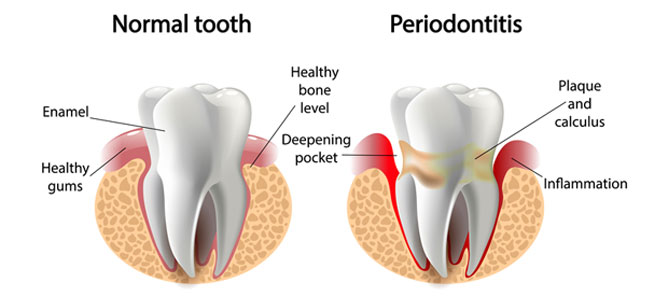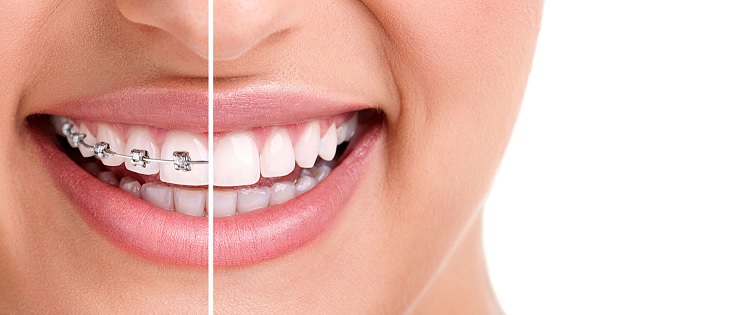
What is periodontal disease?
According to best dentist in Delhi, Periodontal disease is an infectious disease that affects the oral tissues, especially the tissues that support the tooth. Little by little they accumulate plaque, so that those teeth lose the supporting tissue. As a result of that, the teeth begin to move and, if not detected in time, they end up falling.
Is tooth loss one of the main consequences?
Exactly. With the loss of teeth our quality of life worsens because we eat worse and food does not taste the same. After all, everything starts from the mouth, says dentist in Delhi.
What other consequences would periodontal disease have for general health?
By having discomfort in the mouth, we do not eat well, and bad digestion occurs. From there, everything affects us. From cardiovascular problems to uncontrolled diabetes. It has even been proven that premature babies are very underweight because the mother has had periodontal disease, says dentist in saraswati vihar.
Is it reversible?
What we can do is stop periodontal disease. What we cannot do is recover the lost tissues, but we can achieve, with certain levels of tissue, that these teeth remain in the mouth and there is no tooth loss, suggests Oral Surgeon in Pitampura.
How is periodontal disease treated?
The first thing to do is go to a Dental Clinic in Rani Bagh that has a periodontist to treat us. It is the Dentist in Rani Bagh who is responsible for treating periodontal diseases. Depending on the case, there will be patients who need basic cleaning techniques and specific care, and others who need a microbiological study to know exactly which bacteria are progressing in their mouth and are eating those tissues.
In summary, the important thing is that a periodontist assesses it and determines the type of treatment that the patient must perform depending on the degree of the disease.
Effectively. Is that even children in their baby teeth can have periodontal disease? According to Dentist in Pitampura, there are many types of periodontal diseases: some milder and others more severe, and not all have the same treatment. Some people need more, others less. There are people who need antibiotic or antimicrobial therapies, and others who only need a few mild treatments.
To finish, how can we identify periodontal disease?
Before the onset of periodontal disease, the first sign is gingivitis. This gingivitis is shown with a reddening of the gums and, apart from a bleeding that tells us something is happening in the mouth. The most important thing is to go to the Best Dentist in Pitampura since we see an abnormality in our mouth.

